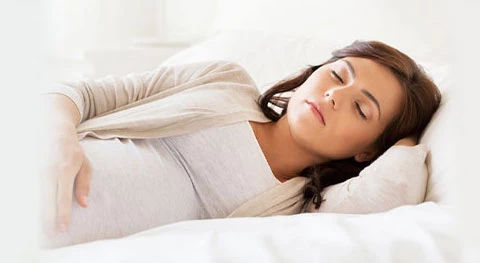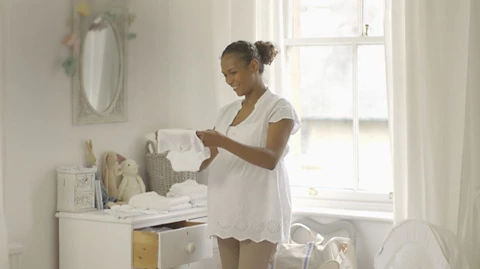Home birth
Having your baby at home can have lots of advantages. Being in the comfort of your own home can help you feel more relaxed and comfortable, there’s no need to interrupt the flow of labour with a journey to hospital and there’s also a lower likelihood of having an intervention1.
However, home births aren’t suitable for everyone, and in the current coronavirus situation, some hospitals are unable to offer home births owing to the increasing pressure on the health service.
Read on to learn more about who home birth is suitable for, how coronavirus is affecting home births, the pros and cons of having a home birth , and how to prepare.
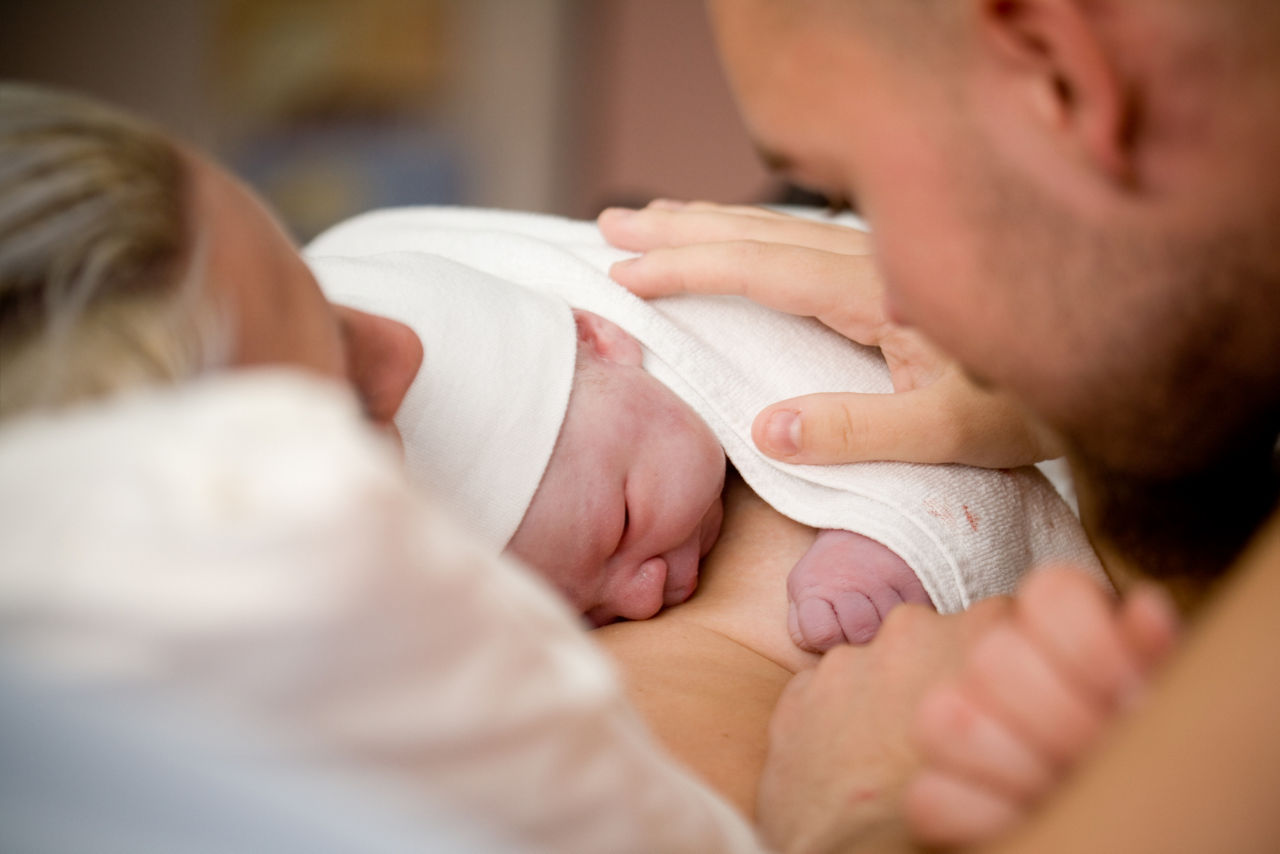
Can I have a home birth?
Your option to have your baby at home will depend on your overall health, the health of your baby, and any subsequent risks there may be for either of you. For the most part, you can choose to have your baby at home if:
If you’re interested in having a home birth, talk to your midwife to find out if it’s an option available to you.
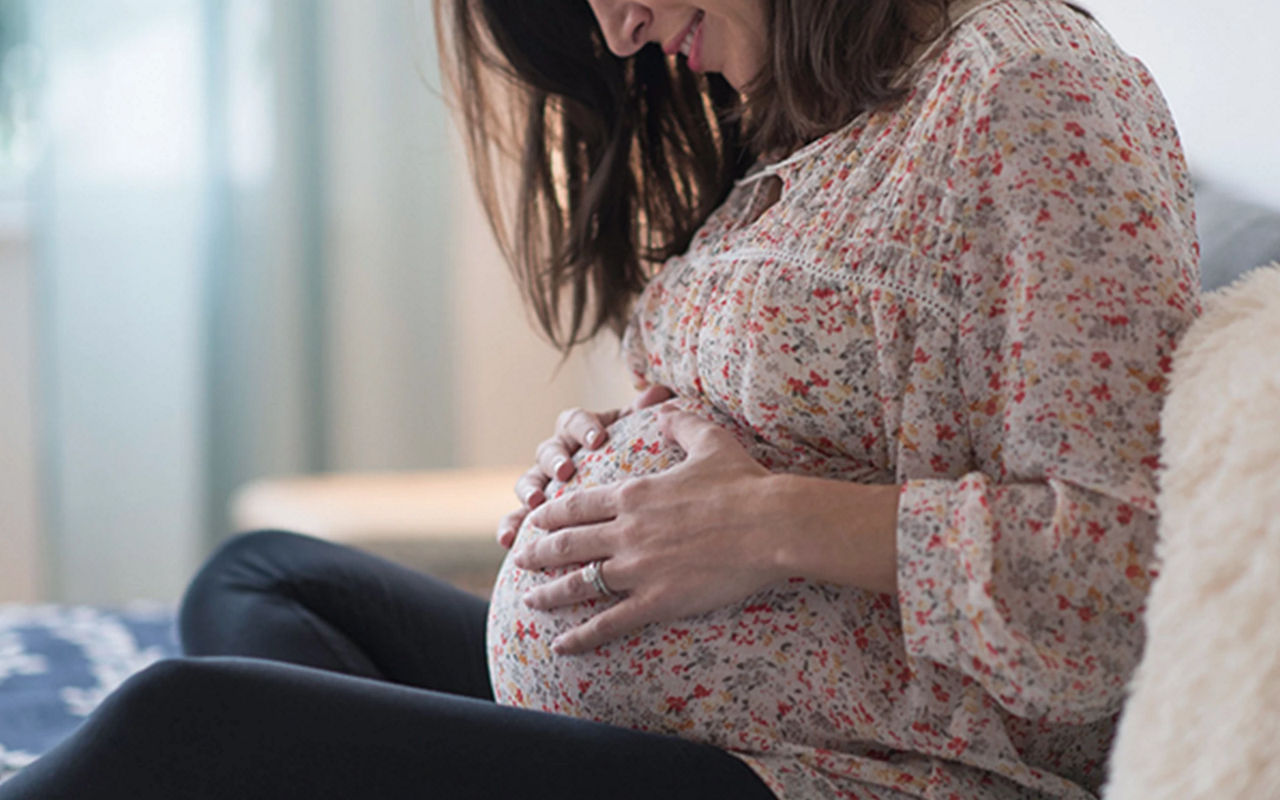
Can I choose a home birth during the coronavirus outbreak?
Maternity services are working hard to support your birth choices during the coronavirus crisis. This includes giving you the option to have your baby at home.
You’re free to change your mind about where you’d like to have your baby at any point during your pregnancy. However, the health and safety of both you and your baby must always come first, so there may be circumstances in the current situation that home births may not be possible.
As home births need to be attended by two midwives, your maternity unit will need to make sure they have enough midwives to support you when you go into labour, and that ambulance services will be able to transfer you to hospital should any complications arise.
The current availability of home birth services varies from hospital to hospital, and this is subject to continual change.
For the latest advice, contact your midwife team who’ll be able to explain the options available to you, how coronavirus may affect your planned home birth and agree any contingency plans you might need to make.
Can I still have a home birth if I’m in self-isolation or showing symptoms of coronavirus?
If you or someone you live with has symptoms of coronavirus, the NHS currently recommends that you have your baby in hospital in order to ensure the safety of you, your baby and the midwives that will support you.
If you have a high temperature, are experiencing breathing difficulties or have any other symptoms, your baby is more likely to show signs of distress in labour2. With this increased risk, pregnant women with suspected or confirmed coronavirus are being advised to give birth in a hospital obstetric unit where both you and your baby be monitored more closely as your labour progresses.
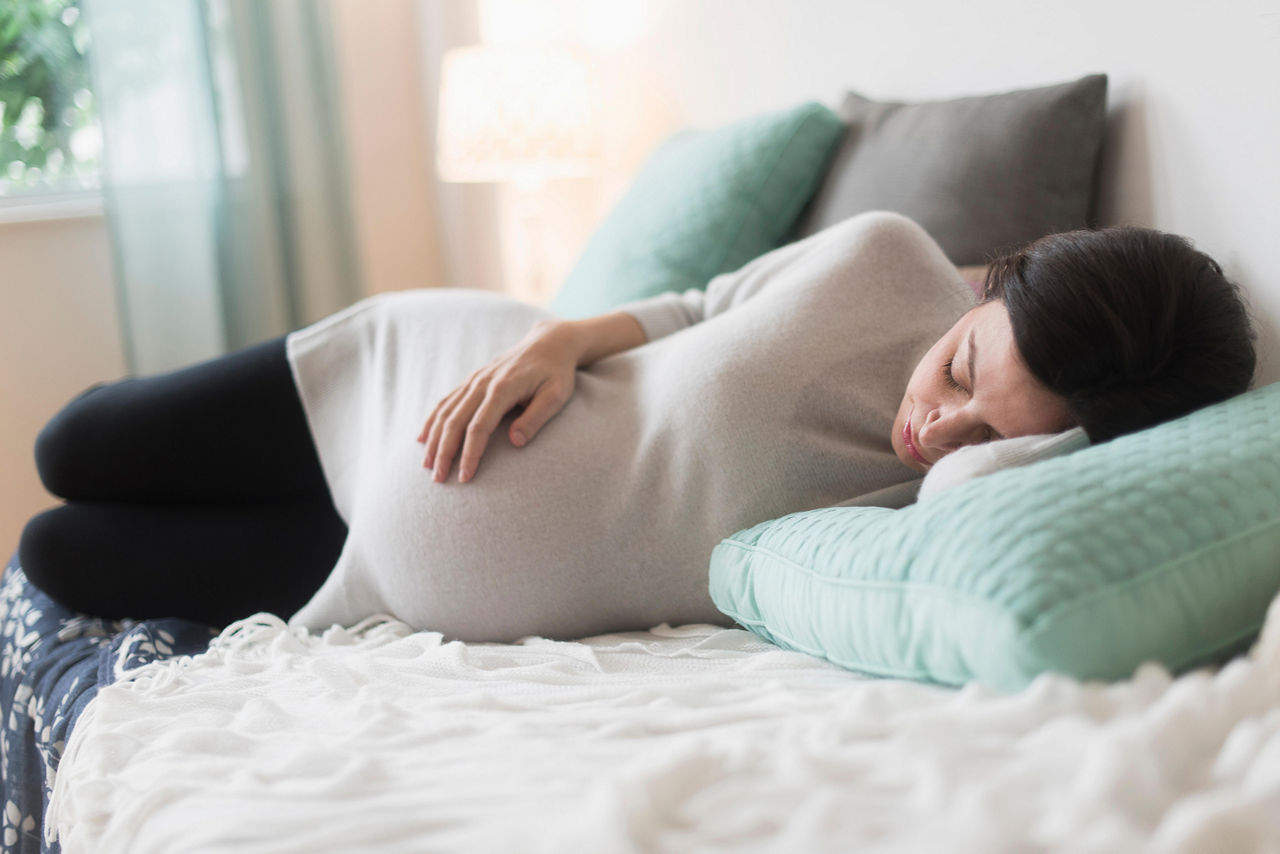
Can I choose to have an unassisted home birth?
While it’s understandable that you may feel anxious about going into hospital during the current coronavirus outbreak, choosing to give birth without the support of a midwife or medical professional risks the health and safety of both you and your baby. Home births are only advised under the supervision of a qualified healthcare professional who would be able initiate any emergency care that you or your baby might need.
Will I still get the same level of care if I go ahead with my planned home birth?
The health and safety of you and your baby is always the main priority for your maternity team. Home births will only be available if your midwife unit can deliver the service to the usual standards. You will continue to have a midwife with you at your home throughout your labour, with additional support arriving when you are close to delivering your baby.
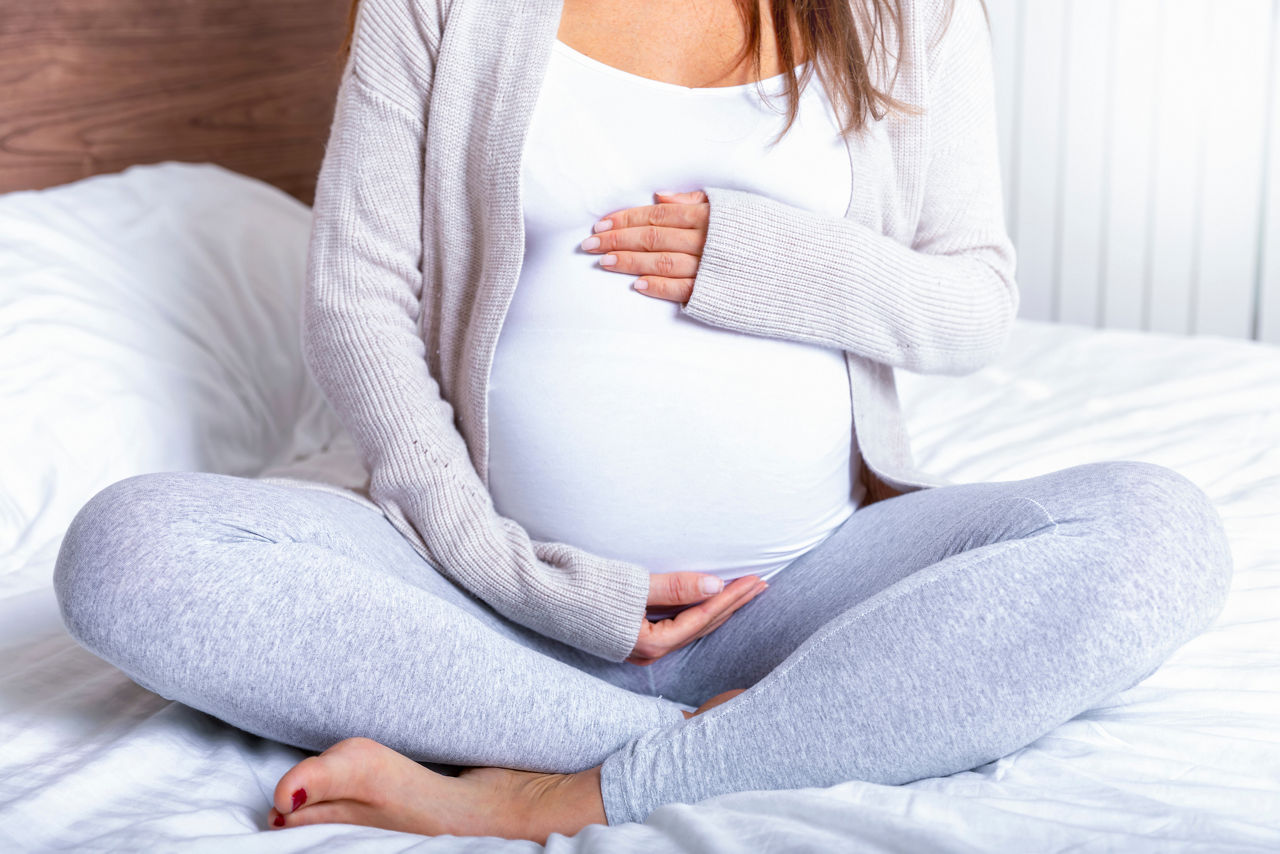
How should I prepare for my planned home birth during the coronavirus outbreak?
In addition to gathering together a few home birth essentials and packing a hospital bag in case your plans change at the last minute, you’ll need to make sure you regularly clean all surfaces of your home, including door handles. You also need to make sure you’ve got soap and a clean towel available for your midwives so they can wash their hands. It’s also a good idea to get some fresh air circulating through your home by opening your windows every now and then.
What are the benefits of having a home birth?
- There are lots of reasons why home birth might be an option you want to explore.
- You’re more likely to feel relaxed, which can help your labour progress.
- It may make labour more manageable – women who give birth at home tend to use less pain relief than women who give birth in hospital3.
- Your birth partner can stay with you throughout labour, birth and after your baby arrives.
- You don’t have to interrupt the flow of your labour to make the journey to hospital.
- You’re less likely to need an epidural or interventions, such as an instrumental delivery or episiotomy3.
- You’ll have two midwives to support you for the birth, often midwives who’ve cared for you throughout your pregnancy.
- There’s less risk of getting a hospital-acquired infection.
What are the disadvantages of having a home birth?
There are a few things you need to consider before planning a home birth.
- You can’t have an epidural for pain relief, but most other pain relief options are available to you. If you decide you do want an epidural once you’ve gone into labour, you’ll need to transfer into hospital.
- If this is your first baby, there are increased risks of complications for your baby, although it’s worth noting that these risks are still relatively low3.
- You may need to transfer to a hospital if there are complications. Again, research shows this is more likely if this is your first baby3. (The Birthplace study found that 45 out of 100 women having their first baby were transferred to hospital, compared with only 12 out of 100 women having their second or subsequent baby.)
Is home birth safe?
The Royal College of Midwives and the Royal College of Obstetricians & Gynaecologists both fully support home birth as an option for healthy women who are having straightforward pregnancies, and agree that home births can have considerable benefits4.
If you’ve got questions or concerns about any risks a home birth may pose to you and your baby, talk to your midwife.
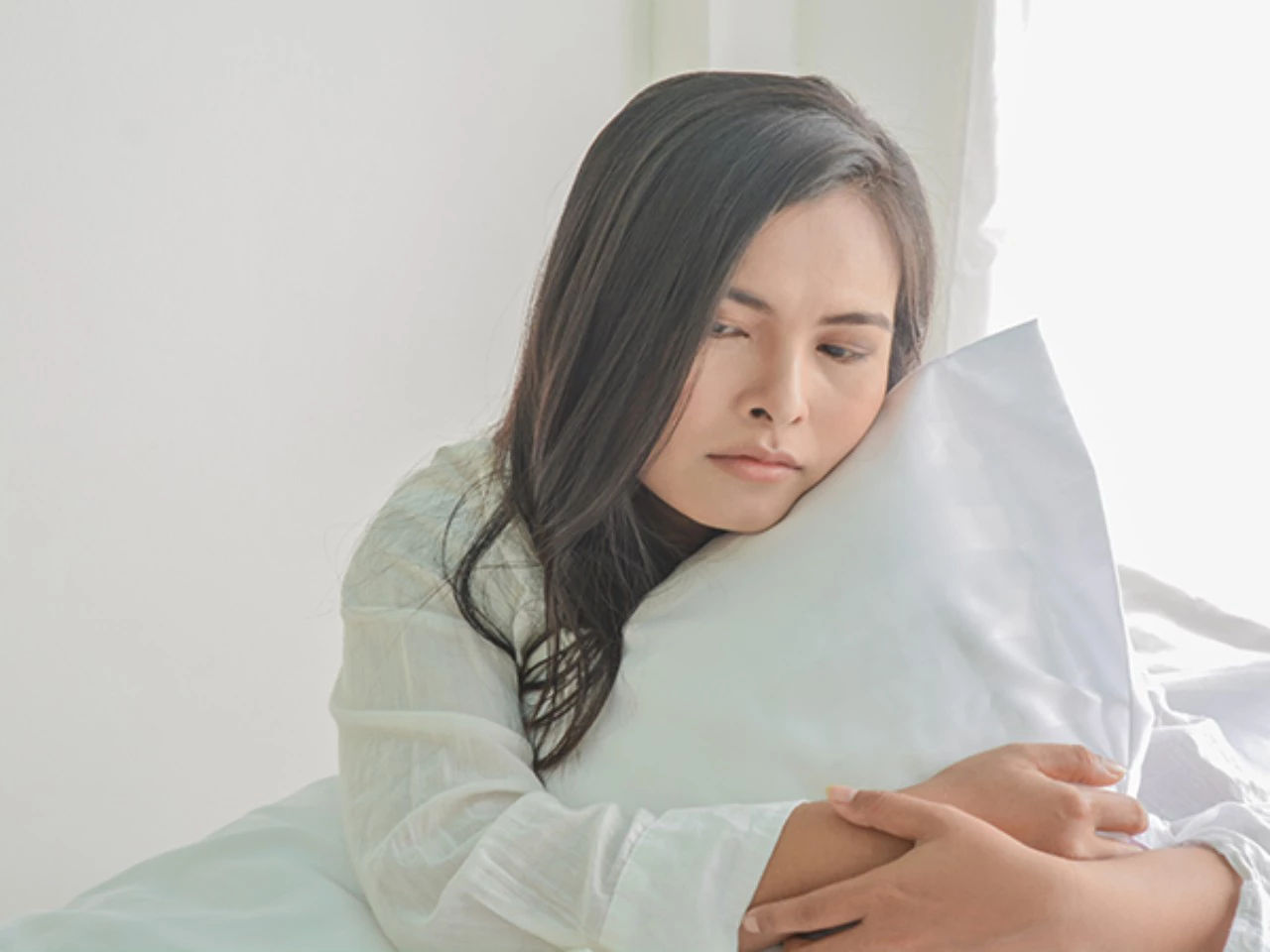
Home birth pain relief options
If you decide to have a home birth, you won’t be able to have an epidural, but there are plenty of other effective pain relief options for you to use, including a TENS machine, gas and air (Entonox) and a birthing pool.
Find out more about pain relief in labour.
What equipment will I need for a home birth?
If you’re planning a home birth, there are a few things you’ll need to have to hand:
- Everything you’d pack for a hospital birth, in case you need to transfer to hospital.
- Something to protect the area you give birth in – old sheets, disposable pads, a cheap shower curtain or a plastic sheet are all options to consider.
- Bin bags for any rubbish or laundry (your midwife will dispose of any medical waste, including the umbilical cord and placenta).
- A bucket, in case you need to be sick (nausea is very common during labour).
If you’d like to have a water birth, you’ll need to hire or buy a birthing pool.
Arranging a home birth
If you’d like to arrange a home birth, speak to your midwife about the services available to you.
Related articles

Need some help?
You can get quick answers to common questions in our FAQs.
Alternatively, if you need help with general pregnancy or baby advice, or maybe on using or ordering our products - our expert team are always on hand to talk about feeding your baby.
- NHS. Where to give birth: the options [Online]. 2018. Available at: https://www.nhs.uk/conditions/pregnancy-and-baby/where-can-i-give-birth/ [Accessed April 2020]
- The Royal College of Midwives. Coronavirus Q&A for pregnant women and their families [Online]. 2020. Available at: https://www.rcm.org.uk/advice-for-pregnant-women/ [Accessed April 2020]
- Brocklehurst P. et al (2011) Perinatal and maternal outcomes by planned place of birth for healthy women with low risk pregnancies: the birth place in England national prospective cohort study. BMJ 343:d7400. www.npeu.ox.ac.uk/birthplace/results
- Home Births. Royal College of Obstetricians & Gynaecologists and Royal College of Midwives Joint Statement No.2. April 2007.
Last reviewed: 27th April 2020

